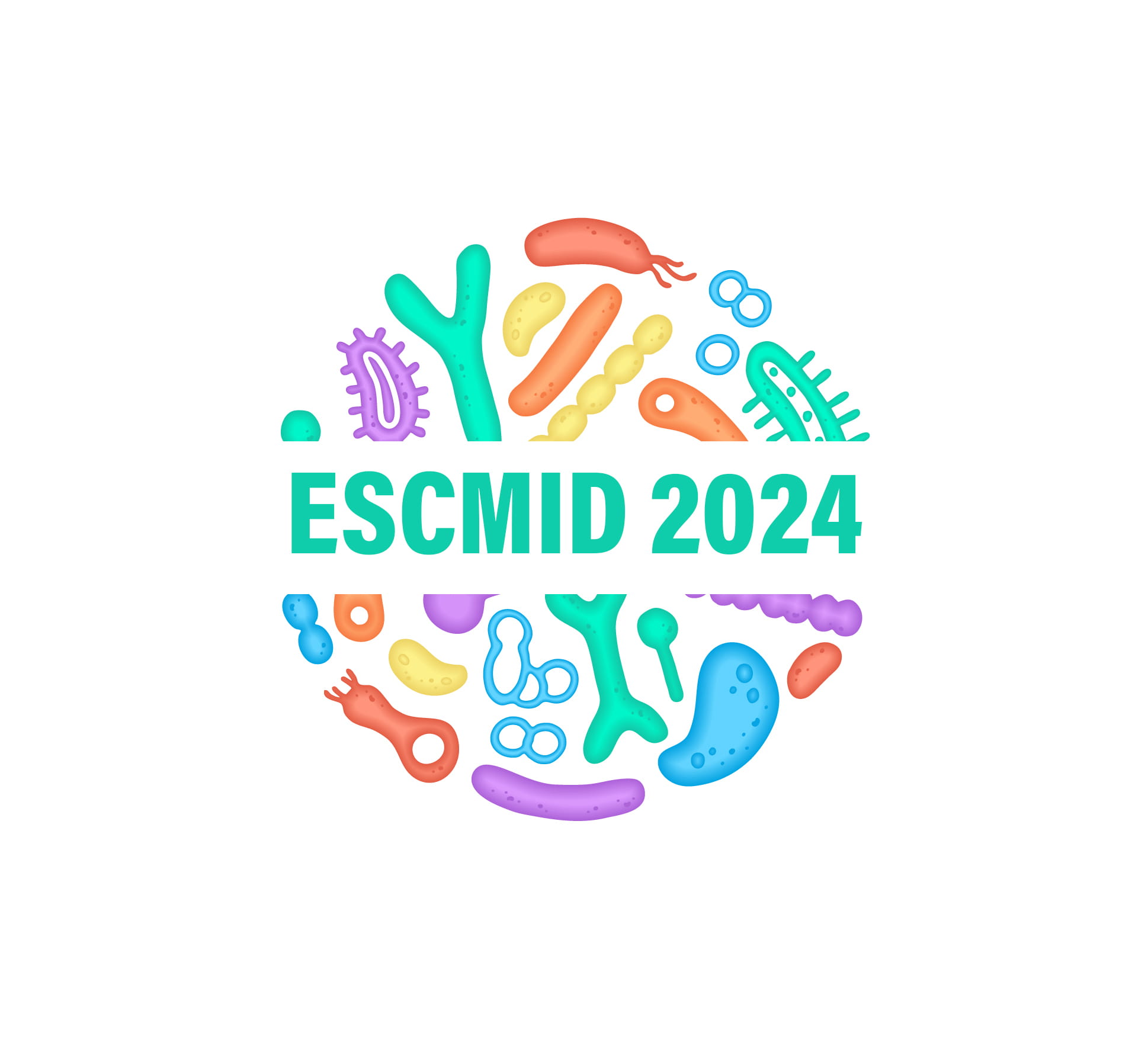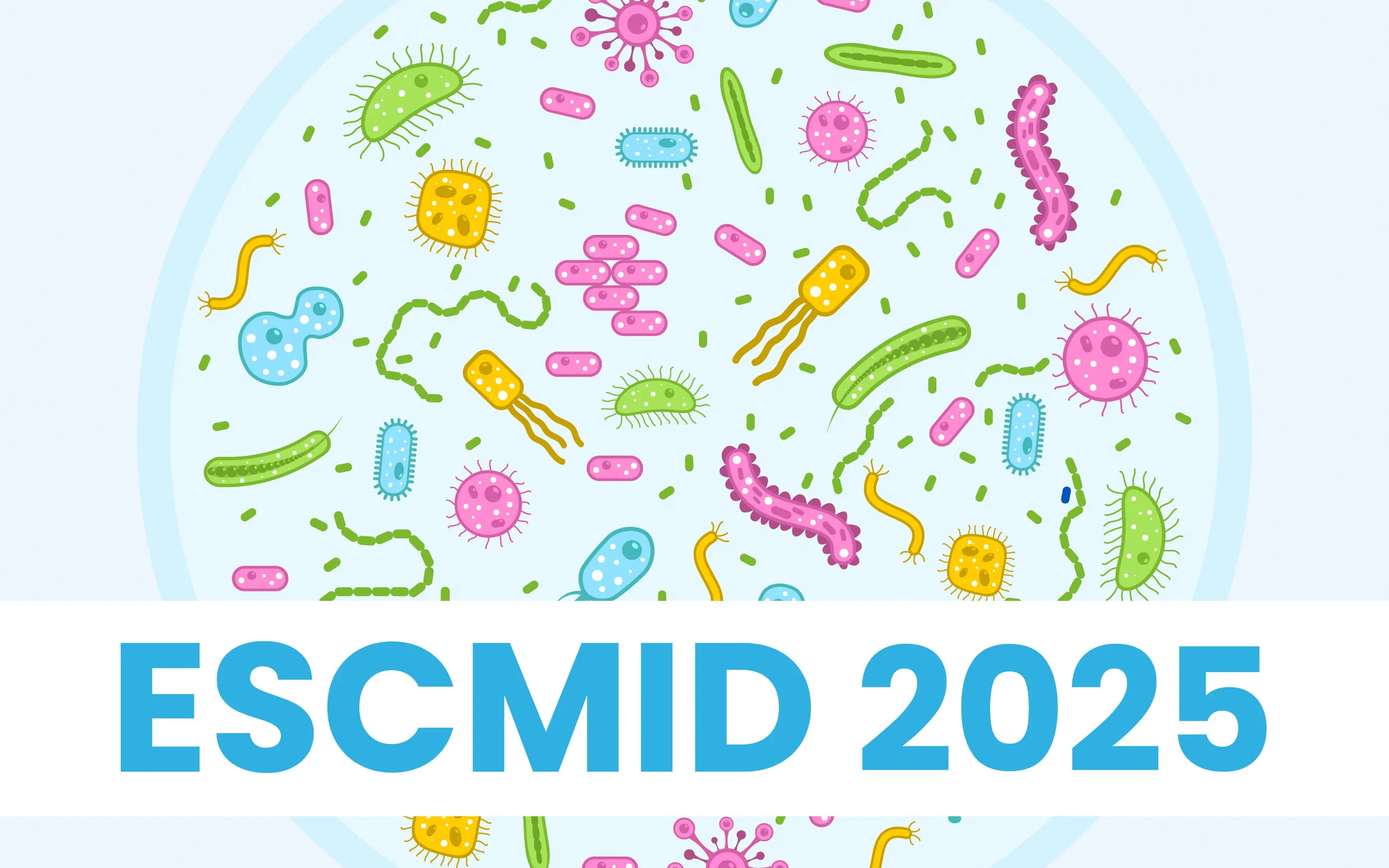ESCMID 2024: A Randomised Controlled Non-Inferiority Trial of Placebo Versus Macrolide Antibiotics for Mycoplasma Pneumoniae Infection in Children with Community-Acquired Pneumonia: Trial Protocol for the MYTHIC Study
The session discussed the MYTHIC Study protocol, a randomized controlled non-inferiority trial of placebo versus macrolide antibiotics for mycoplasma pneumonia infection in children with community-acquired pneumonia (CAP). Mycoplasma pneumonia, devoid of a cell wall, is naturally resistant to beta-lactam antibiotics. It belongs to the smallest self-replicating organisms and possesses a very small genome size compared to E. coli, comprising only 15%. Host cell nutrients are essential for replicating Mycoplasma pneumonia, which occurs extracellularly on epithelial cells. Before COVID-19, Mycoplasma pneumonia was the top bacterial infection in hospitalized US children, surpassing pneumococcus and just under common respiratory viruses like RSV. Since late 2023, after COVID-19 restrictions, Mycoplasma pneumonia has had a significant return, causing notable outbreaks. The first-line treatment for Mycoplasma infection remains macrolides, which have been extensively used worldwide, leading to alarming resistance rates among Mycoplasma pneumonia, particularly with rates exceeding 80% in Asia. However, the effectiveness of macrolides in vivo for treating Mycoplasma CAP remains uncertain. The MYTHIC study aims to address whether macrolides are a panacea or placebo in children with CAP. Recent reviews found insufficient evidence of macrolide efficacy for mycoplasma respiratory infections. Moreover, it has been emphasized that high-quality randomized controlled trials are still necessary to address this issue. Diagnosing Mycoplasma infection accurately remains challenging due to unreliable tests like PCR and serology. The enzyme-linked immunospot (ELISpot) assay offers promise by reliably detecting Mycoplasma-specific IgM antibody-secreting cells, potentially improving diagnosis accuracy. Implementing this test could provide better insight into macrolides' effectiveness for Mycoplasma CAP.
The MYTHIC study aims to assess the efficacy and safety of azithromycin in treating mycoplasma CAP in children. This randomized, double-blind, placebo-controlled trial will span 5 years and involve 13 pediatric emergency departments across Switzerland. Funded by the Swiss National Science Foundation, the study is grounded in the hypothesis that mycoplasma CAP involves host cell-mediated immunity, suggesting an immune-mediated disease. The primary goal is to determine if placebo treatment is non-inferior to azithromycin in terms of efficacy and safety. Key metrics include normalizing vital signs and changes in patient care status within 28 days after treatment. Secondary objectives encompass evaluating side effects and anti-microbial and anti-inflammatory effects. The inclusion criteria will apply to children aged 3-17 years presenting to the ED with a clinical diagnosis of CAP, defined by specific criteria. A positive result from a mycoplasma-specific IgM lateral flow assay (LFA) and written screening consent are required, excluding factors like contraindications to azithromycin, comorbidities, and recent use of certain antibiotics. Eligible children will undergo IgM-LFA screening on capillary blood. Those meeting the criteria and providing consent will be further sampled by Venous blood for the ELISpot assay. Kits will then be randomly assigned to azithromycin or placebo groups. A 5-day azithromycin treatment will be administered according to guidelines. Hospital follow-ups will occur on days 3 and 28, with phone visits on days 7, 14, and 21.
Vital signs will be recorded daily until normalization. On days 3 and 28, capillary blood samples for biomarkers and nasopharyngeal swabs for mycoplasma PCR will be collected. The time to normalization of all vital signs will be measured every 8 hours (for hospitalized patients) or 3 times every 24 h (for ambulatory patients) until 3 consecutive normal measurements of all vital signs within 24 hours are documented. The time to normalize all vital signs will be aggregated as a hazard, and the median time for the event. A rate of <1% of patient's vital signs not normalizing within a 28-day follow-up is expected. The change in patient care status related to CAP within 28 days after the index episode will be assessed. The CAP-related change in patient care status will be aggregated as the proportion of patients with the event. Approximately ≤5% of patients are expected to experience a CAP-related change in patient care status. The sample size calculations are based on PCR-tested positive patients in the per-protocol set. No macrolide effect is expected (hazard ratio: 1; absolute risk difference:0). Non-inferiority margins are set at 0.7 and -7.5% for the two co-primary endpoints. The study requires 376 patients, with 188 in each arm, to achieve 80% power to reject at least one null hypothesis at a one-sided significance level of 1.25%. The study concludes that it has the potential to provide crucial efficacy data for macrolides in mycoplasma pneumoniae CAP, which might reduce antibiotic prescriptions and contribute to global efforts against anti-microbial resistance.
European Society of Clinical Microbiology and Infectious Diseases (ESCMID) 2024, 27th April–30th April 2024, Barcelona, Spain




